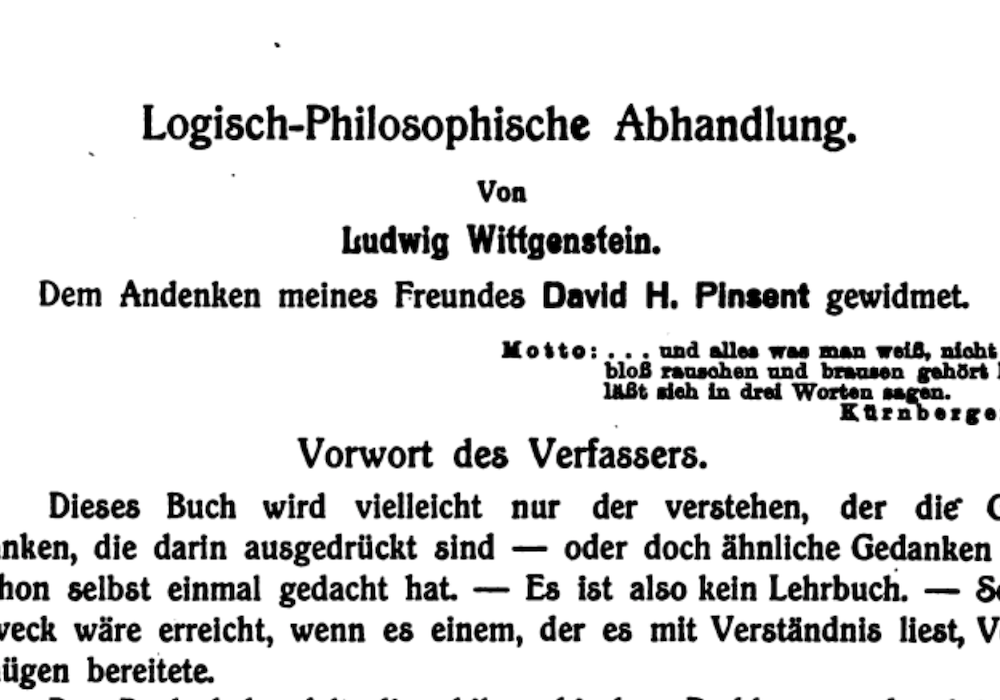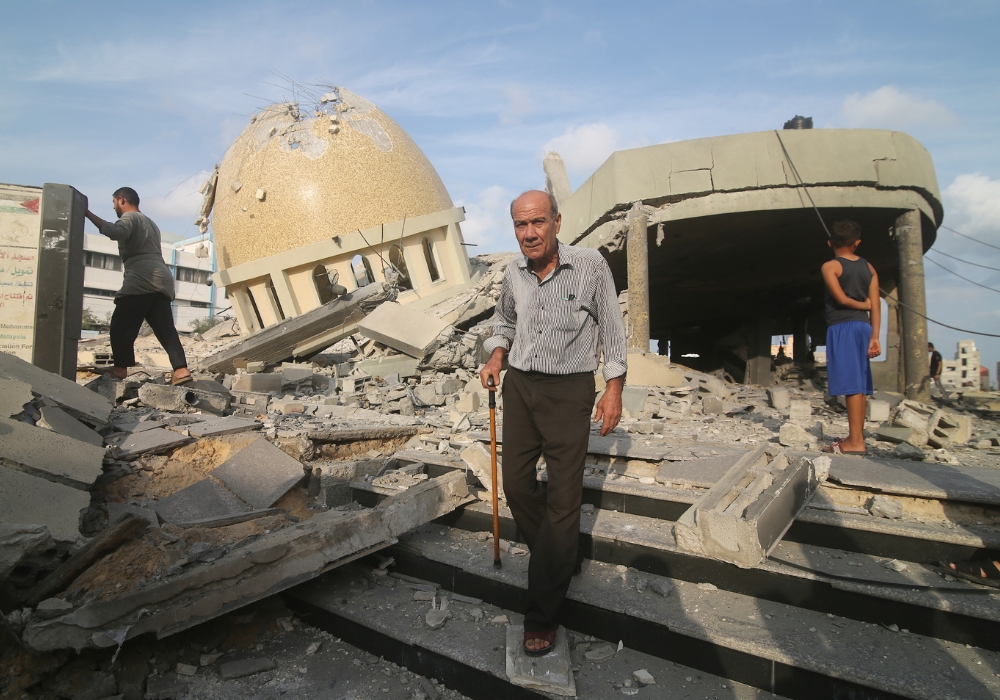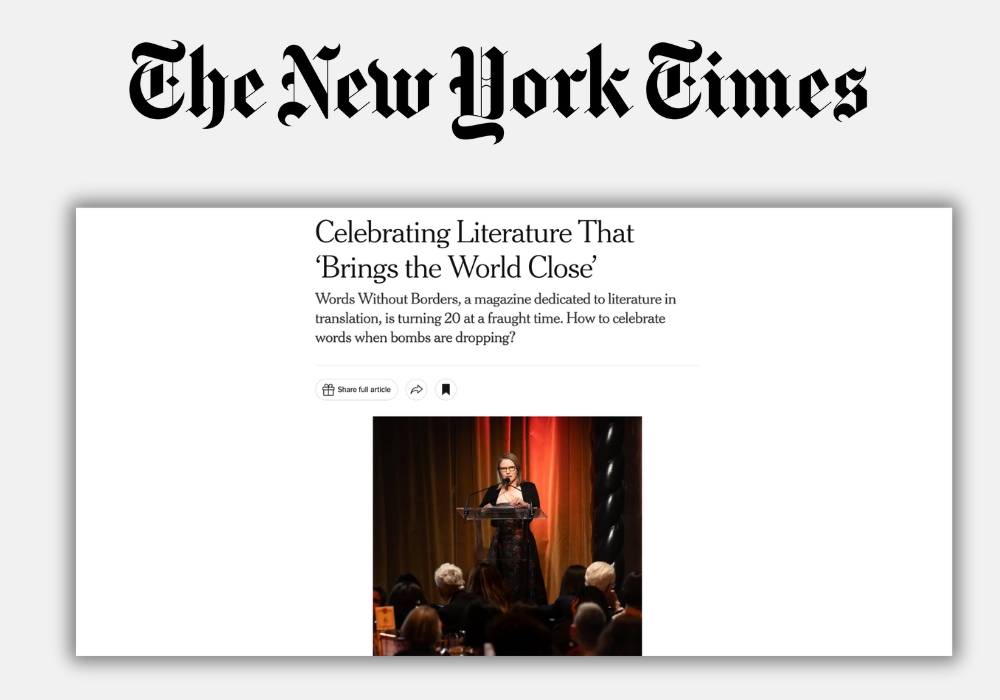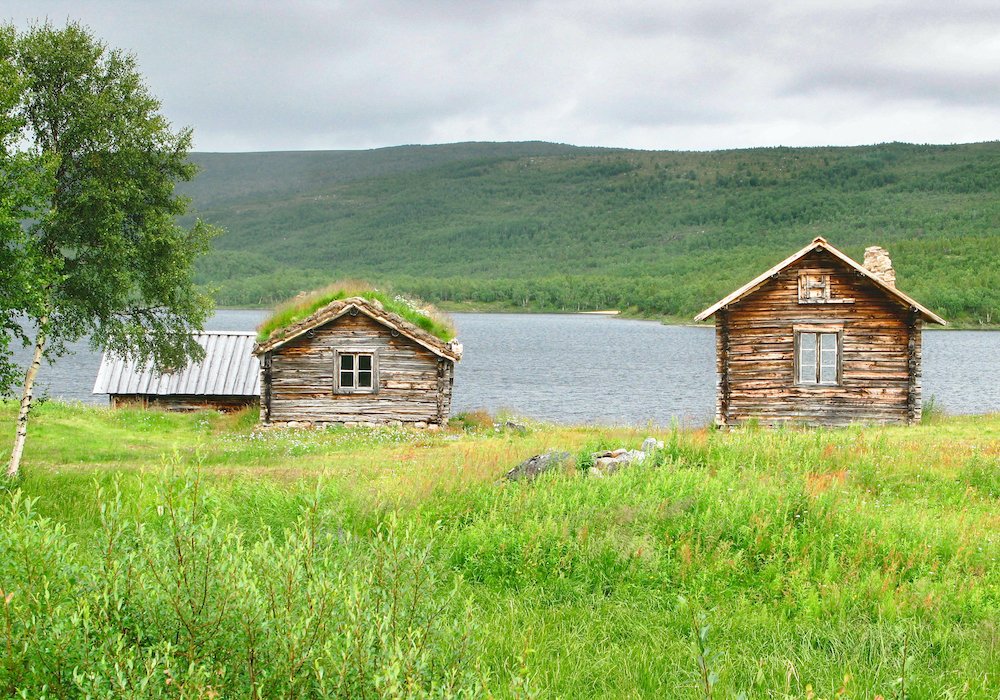Malabadi Bridge, Diyarbakır. Photo credit: SALTOnline, No restrictions, via Wikimedia Commons.
Kalpana Raina stands in the window of her uncle's former home. Photo by Tanveer Ajsi.
Chafariz d’el Rey, c. 1570-80, Anonymous Flemish painting, in the Berardo collection, Lisbon, Portugal
"Oliwa Zoo Giant Road Sign March 2010” by Artur Andrzej. Public domain via Wikimedia Commons.
Esther Allen makes laudatory remarks at the 2023 Ottaway Award ceremony honoring Daniel Hahn
"Emiliano Zapata on horseback, scene from the Mexican Revolution," José Guadalupe Posada (Mexican, 1851–1913), ca. 1911. Public domain. Gift of Jean Charlot, 1930.



































































